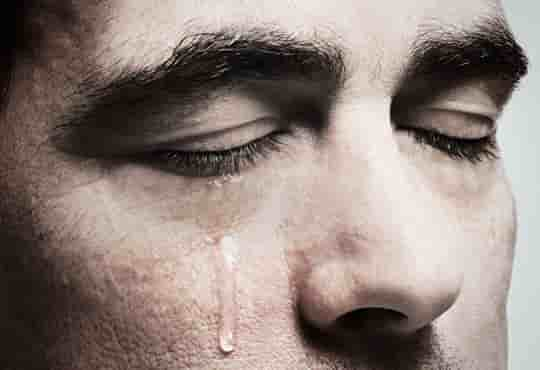Up to one-quarter of people may have a vitamin B12 deficiency.
Anxiety and hallucinations can be signs of a serious vitamin B12 deficiency.
These are not the only psychological symptoms that have been linked to vitamin B12 deficiency.
Depression and memory problems have also been linked to a deficiency in this vital vitamin.
Among older adults, up to one-quarter of people may have a vitamin B12 deficiency.
However, the level of deficiency among the general population is probably closer to one-in-ten.
Along with seniors, other people who may have difficulty getting enough vitamin B12 include vegetarians and those with some digestive disorders, such as Crohn’s disease.
Vitamin B12 deficiency is easy to rectify with supplements or by dietary changes.
The body uses vitamin B12 to make red blood cells and to keep the nervous system healthy.
Vitamin B12 levels can be boosted through supplementation or by eating foods such as dairy, liver, salmon and eggs.
Fortified breakfast cereals also contain vitamin B12.
The conclusions come from a study of 1,079 seniors in Germany.
The researchers found that 27 percent had a vitamin B12 deficiency.
It also found that more than half were deficient in vitamin D.
Dr. Barbara Thorand, study co-author, said:
“Our study also shows that regular intake of vitamin-containing supplements goes along with improved levels of the respective vitamins.
However, vitamin-containing supplements are not a universal remedy, and particularly older people should watch out for maintaining a healthy and nutritious diet.”
The study was published in the journal Nutrients (Conzade et al., 2017).

